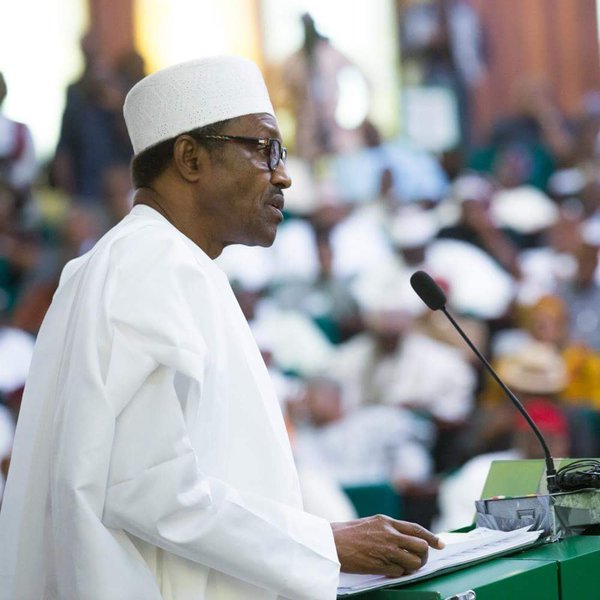Nine hundred billion Naira borrowed by Nigerian states from the capital market
The issue of borrowing has become ritualistic for the Nigerian states as it is on record that a whopping sum of nine hundred billion naira has been borrowed by Nigerian states from the capital market.
These statistics were gotten from the Securities And Exchange Commission Nigeria(SEC) during a webinar. The commission made public the situation of the country when it affirmed that state governments in Nigeria have borrowed nothing less than a whooping sum of nine hundred billion nairas from the capital market beginning from 1978.
If interests to be paid are added, these accumulated debts will be running into trillions of naira.
During a webinar put up by the Nigerian stock exchange, the Director-General of the security and exchange commission(SEC) Mr. Lamido Yuguda, brought this information to the eyes of the public. The webinar was to tackle ways sub nationals can generate funds through the exchange of state-owned corporations.
The Director of Sec was well represented by the Executive Commissioner who manned the legal and enforcement wing of the security and exchange commission, Mr. Reginald Karawusa. He asserted that these proportions were raised from the market deficit allotments size 1978.

Looking further into an event that was organized in partnership with the Nigerian Governors’ forum together with Nigeria’s Investment promotion council, themed “Privatisation in Nigeria and the outlook of sub-national economic development”. During that meeting, it was on record that these borrowed funds were obtained for the sponsoring of large capital projects.
It was stated by Mr. Lamido Yuguda, the honorable director of the Securities and Exchange Commission represented by Mr. Reginald Karawusa that “Sub-national issuers in Nigeria have been able to extract the needed information from the debt capital market since 1978 and counting.
Further stating that the state governments in Nigeria have succeeded in raising close to nine hundred billion nairas through debt issuances and accumulation”. He further asserted, stating categorically that “A substantial portion of these funds were deployed to sponsor capital operations across the country”.
Related: The stock market: How it works in Nigeria
It was after these statements that the problems these states faced were being looked into. He claimed that it was the capacity given to states to keep borrowing that has destroyed the states welfare role, coupled with the fact that the massive infrastructural gap, the very low revenue generated from oil which has continued to deplete, the reduced revenue from the federal pockets, and the very poor rate at which revenue is generated internally, states in Nigeria now find it so difficult to pay salaries and wages after servicing these accumulated debts.
Further speaking he told the state government of the very need to generate revenue even in these difficult times. He suggested the privatization of government-owned businesses as an avenue to boost the government’s economic situation.
He canvassed that since age-long the focus of privatization has been on federal government-owned properties. Yuguda further stated that “Several enterprises are still owned and controlled by the government, both at the state and federal levels”.
He, therefore, proffered a solution when he said: “A number of these entities have the capacities to generate cash flows and corporate profitability”. From the ongoing, it means that sooner or later lots of government properties will be getting privatized to salvage the economic situation of the Nigerian states.

